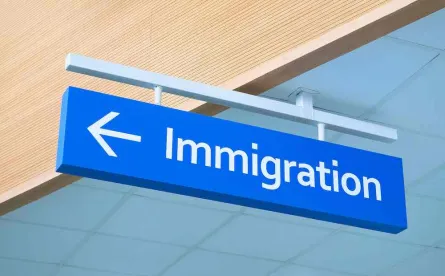Deference is back! USCIS announced that, effective immediately, it will reinstate its 2004 policy of deferring to prior determinations of eligibility.
Rescinded by the Trump administration, this policy directed officers to “generally defer to prior determinations of eligibility when adjudicating petition extensions involving the same parties and facts as the initial petition.” This means that prior determinations made by USCIS will receive deference unless “there was a material error, material change in circumstances or in eligibility, or new material information” that would have an adverse impact on eligibility.
This change is a result of President Joe Biden’s executive order, Restoring Faith in Our Legal Immigration Systems and Strengthening Integration and Inclusion Efforts for New Americans. The order was meant to break down barriers to fair and efficient USCIS adjudications, among other things.
The Trump administration’s rescission of USCIS deference policy has been identified as one of the factors that created processing delays and substantial backlogs at USCIS. Officers have been forced to unnecessarily re-adjudicate cases that previously would have been approved quickly and efficiently. Beyond processing delays, the rescission of the deference policy led to uncertainty for both foreign national employees and their employers. Even when circumstances were unchanged, employees and employers who may have worked together for years were suddenly confronted with the possibility that the rug might be pulled out from under their feet. Requests for evidence (RFEs) and even denials loomed. The return of the deference policy, though not a complete safeguard against a denial, would restore a degree of predictability and consistency that is necessary for family security, the smooth flow of business, and continuing economic growth.
Under the reinstated policy, if an officer does not defer to prior approval, the officer must:
-
Acknowledge the previous approval in the denial, RFE, or NOID (Notice of Intent to Deny);
-
Articulate the reason for the lack of deference;
-
Provide the petitioner or applicant an opportunity to respond to any new information; and;
-
Importantly, obtain supervisory approval before deviating from prior approval.
If the problem is one of inadmissibility or of failure to maintain status, a “split decision” may be rendered – approving the petition classification, but not the extension. In such a case, it will be up to a consulate to make the final determination.




 />i
/>i
